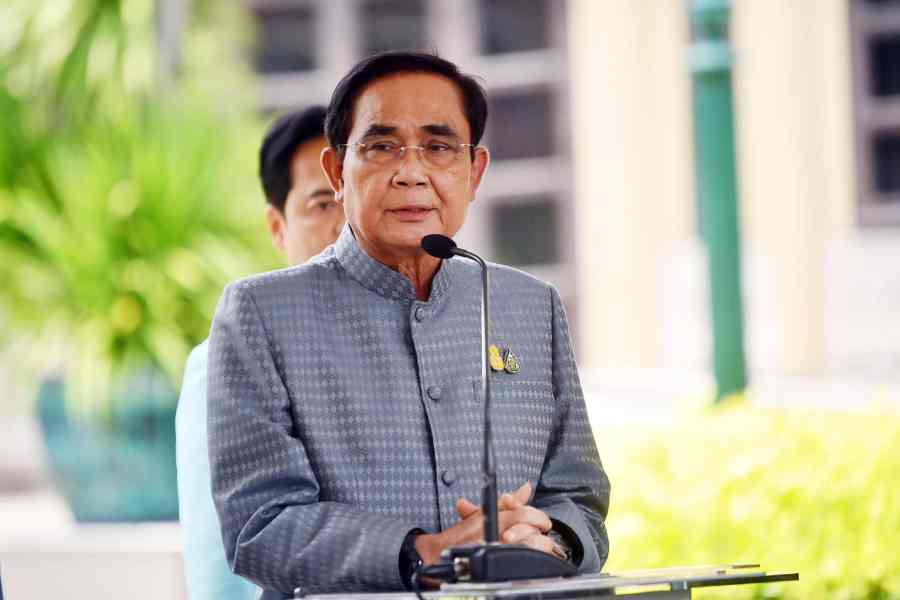Thailand’s pot of disenchantment has boiled over. On Sunday, the country handed a stunning election win to the new, youth-driven Move Forward Party in the national elections that have shaken up the politics of the Southeast Asian nation. Move Forward’s leader, Pita Limjaroenrat, has said that he is confident a coalition of eight Opposition parties would be able to form the next government, replacing the decade-long rule of a de facto military junta under Prime Minister Prayut Chan-o-cha. That is easier said than done in a political system loaded in favour of the military. But that Thailand is even where it is today marks a dramatic rebuke of two of the country’s most powerful institutions: the army and the monarchy. Move Forward, which has emerged as the single-largest party in the lower House, has promised to reform the country’s lèse-majesté laws — under which any criticism of the royal family can attract strict punishment — and has been vocal against the military rulers. In further evidence of the Thai public mood, voters gave the second-biggest mandate to the Pheu Thai Party of the former prime minister, Thaksin Shinawatra, who was removed from power in a 2006 military coup.
Although Move Forward and Pheu Thai together have a comfortable majority in the lower House, members of the upper House — dominated by unelected military appointees — have an equal say in the election of the next prime minister. Given the anti-monarchy, anti-military stance of Move Forward, many observers of Thai politics have expressed concern that those currently in power will try to block the creation of a government under the new party. Yet it is clear that any effort to override what is clearly a vote for change will only leave both the royal family and the army even more unpopular. Whoever forms the next government, Thailand’s broad foreign policy is unlikely to change — it includes warm ties with India, a strategic relationship with the United States of America, and a careful balancing act with China. But the implications of the election outcome run deeper. When people make up their minds that they have had enough, they make their voices heard — no matter the risks involved. It is a lesson autocrats and democrats alike would do well to remember.











